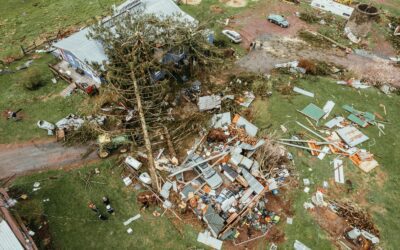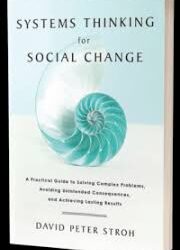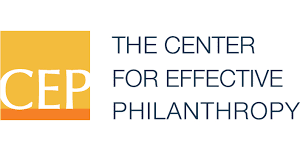by Damian Carrington in The Guardian…Action urgently needed to save the conditions under which markets – and civilisation itself – can operate, says senior Allianz figure.
Bioregionalism in practice: Weaving local solutions in a global context
Webinar hosted by Regenerosity…This webinar kicks off a new series of bioregional conversations, designed to deepen understanding, improve practice, and expand the horizon of what’s possible when we center life, land, and community. Through stories, case studies, and grounded examples, we’ll begin to weave a vibrant patchwork of regenerative pathways forward.
If you want peace, prepare for war—an ancient lesson Canada must remember
by Thomas Homer-Dixon at The Cascade Institute…If you want peace, prepare for war. This ancient Roman aphorism is starkly relevant to Canada’s situation today, no matter how contrary it seems to our national culture.
Welcome to the chaoscene
by Rupert Read in aeon.com…The climate crisis is here. In order to thrive in these dangerous and precarious times, we must build resilient communities.
Bioregioning: the defining practice of regenerative cultures
by Daniel Wahl in Medium…..Bioregions define the appropriate scale for regional self-reliance, responsible environmental action and human participation in the community of life.
Systems Thinking For Social Change
A Practical Guide to Solving Complex Problems, Avoiding Unintended Consequences, and Achieving Lasting Results Systems Thinking for Social Change enables readers to contribute more effectively to society by helping them understand what systems thinking is and why it...
DAY ZERO
One City's Response to a record-breaking drought Day Zero is an opportunity to capture some of the perspectives and experiences of the various sectors as the water crisis played out. It explains the different roles, responsibilities, and responses in a way that helps...
Ecological disruptions are a risk to national security
by Bradley J. Cardinale, et al in The Conversation…When the natural environment is stretched beyond its ability to meet basic human needs for food, clean air, drinkable water and shelter, it is not just a humanitarian concern for the world community. Research shows that these crises are a matter of national security for the U.S. and other countries.
Systemic risk and the polycrisis
by Florian U. Jehn in Existential Crunch…We now know that global systemic risk is the potential for disruption on a global scale, which is then realized because a single element in the system fails. The polycrisis is essentially the perfect storm we are experiencing right now of multiple global systemic risks being triggered at the same time, making each other worse and leading to a much more difficult response, as you have to put out so many fires at once.
It’s time for a new approach to the current context
by Phil Buchanan in CEP…Just in the past weeks I’ve heard leaders at philanthropic funders say things like ‘we’re trying to be small right now,’ ‘the lawyers are advising us to stay under the radar,’ ‘we’re letting others do the talking right now,’ ‘we’re laying low until we understand what everything will look like in six months.






